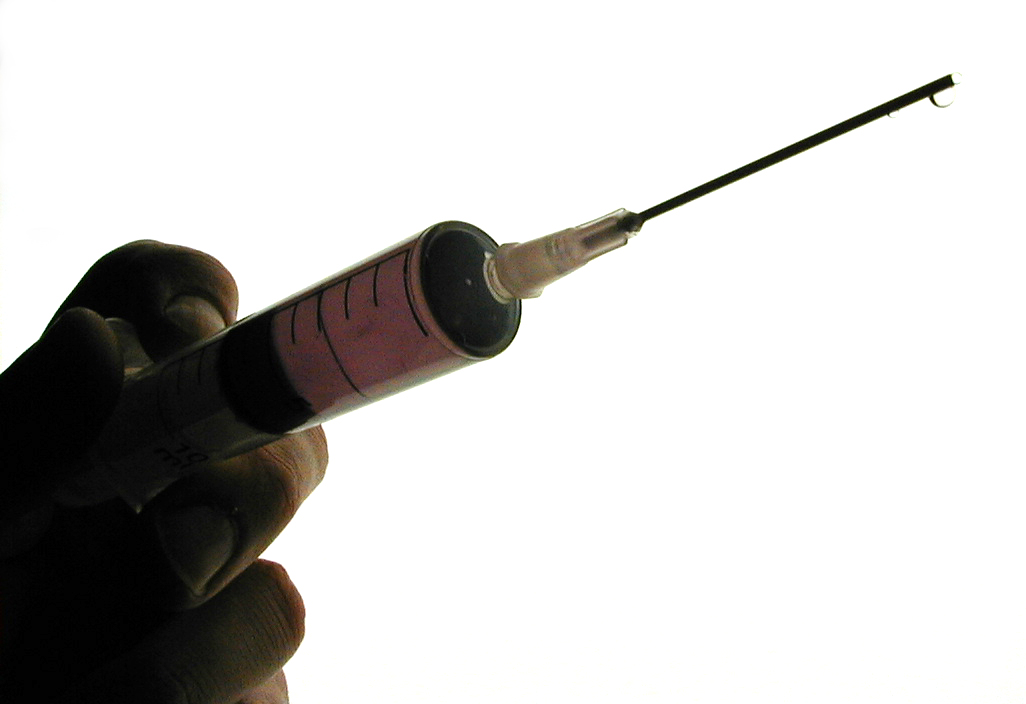In May 2013, I observed spiking THC levels in my young patients and a rapidly growing market in Colorado for foods and drinks infused with the drug, the active ingredient of marijuana that produces a euphoric high. What I saw prompted me to raise concerns about what is now considered some of the world’s most potent marijuana — and an issue that elicited a great deal of outcry.
I wrote:
“It is reasonable now to question how much longer it will be before we see injection use of THC — especially as marijuana is legalized.”
At the time, I imagined I first would encounter an injectable form of the drug through a patient’s black-market use. It never occurred to me that a state legislator would actually champion a bill permitting the use of injectable THC — but that is what has happened very unfortunately in Georgia, where state Rep. Allen Peake, a Republican whose district includes the City of Macon, introduced a bill on Jan. 28 that states in part:
It is the intent of the General Assembly in enacting this article to permit the therapeutic and treatment application of cannabis and its derivatives. Such therapeutic and treatment applications shall include a nonsmoking delivery system whether it be in the form of liquid, pill or injection or other delivery system that does not include smoking.
Peake’s bill calls for the use of an oil composed of two major ingredients of cannabis, THC and CBD, for the treatment of severe epilepsy and several other conditions. I invite you to read the bill and to learn more about potential problems with the use of such oil, commonly known as “Charlotte’s Web.”
If approved, Peake’s bill would permit injection of a substance containing up to 5 percent THC — more than double the potency of marijuana used in the 1960s, ’70s and ’80s — outside the bounds of the U.S. Food and Drug Administration’s regulatory oversight.



We welcome all thoughtful comments, but please abide by our commenting rules